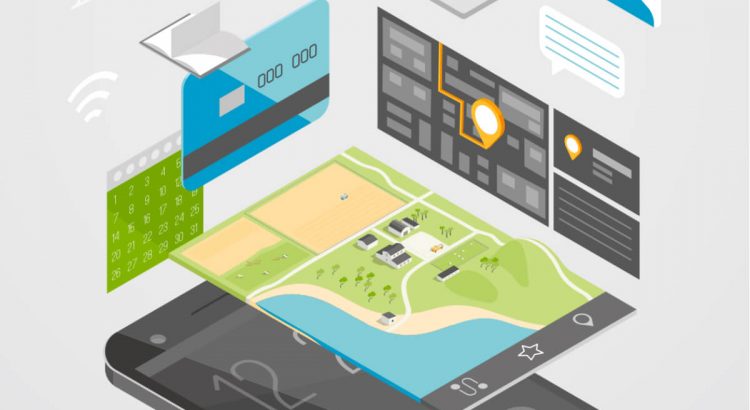Originally posted by Transparency Initiative and Web Foundation
A major new study by GIZ, World Wide Web Foundation, and IDS suggests this tension between data access and privacy will be impossible to resolve and that privacy “may be used as an excuse to withhold public sector data that could be made open for citizens to advocate for better public services, hold governments accountable and tackle corruption in the public sector.” This is one of six trends the authors chart in big data, open data, citizen-generated data and real-time data.
The exponential growth of data provides powerful new ways for governments and companies to understand and respond to challenges and opportunities. This report, Data for Development: What’s next, investigates how organisations working in international development can leverage the growing quantity and variety of data to improve their investments and projects so that they better meet people’s needs.
Investigating the state of data for development and identifying emerging data trends, the study provides recommendations to support German development cooperation actors seeking to integrate data strategies and investments in their work. These insights can guide any organisation seeking to use data to enhance their development work.
The research considers four types of data: (1) big data, (2) open data, (3) citizen-generated data and (4) real-time data, and examines how they are currently being used in development-related policy-making and how they might lead to better development outcomes.
The full report can be accessed on the Web Foundation website on this link https://webfoundation.org/research/data-for-development-whats-next-concepts-trends-and-recommendations/
Alternatively, you can access the report on this site’s resource library under literature, social accountability; conceptual.
